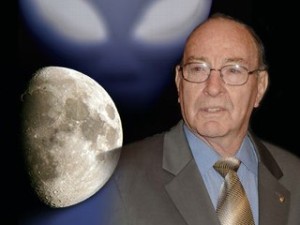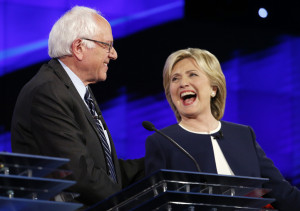PORTLAND, Ore. — I come back to the city of my birth on occasion and every time I do I see things that continue to surprise me.
This trip was no exception. Indeed, I saw and learned some things about my hometown that I found rather shocking . . . in a good sort of way.
I learned that the part of the city once known as the “ghetto” is less so these days. It’s being “gentrified” with condos, apartment complexes, coffee houses, micro-breweries. The area known as the Albina District is undergoing a transition the likes of which I never thought possible when I was growing up here in the 1950s and 1960s. Other neighborhoods have gone through similar changes over the years: Hawthorne, the Pearl, Foster Road, Parkrose.
Sitting in the back seat of my sister and brother-in-law’s car Saturday en route to visiting our uncle, we buzzed along the southern and western edges of the downtown district. I noticed construction — lots of it — involving at least three new high-rise complexes. I was told later by friends that the downtown construction is because of additions being built for the Oregon Health Sciences University, which is the reason that a tram runs from the west bank of the Willamette River to a bluff overlooking the waterway.
I learned that the city’s real estate market is booming. My friends’ home in northeast Portland possibly could sell for a half-million dollars when they get ready to put it on the market; they bought it two decades ago for about a fourth of that amount.
We gripe in Amarillo about the road construction occurring all over the city. Come here, my Texas friends, and see what real transition looks like.
I went by some old haunts over the course of the past couple of days. Two houses where I grew up — one in northeast Portland and the other in what once was the “burbs,” but has since been annexed into the city — still look well-kept. My grandparents’ old house in that former ghetto neighborhood also has been maintained nicely.
Driving along the busy streets produced interesting sights, such as many people riding bicycles, pedestrians walking their dogs, groups of young people sitting outdoors during this balmy and sunny weekend; and oh yes, the sun did come out today — in the middle of winter, in the Pacific Northwest!
Finally, as some friends and I were looking for a place to have lunch and get caught up, I learned that in Portland, it’s a municipal law that motorists must stop when they see pedestrians waiting to cross the street at clearly marked pedestrian crossings.
I laughed when they said that. “It’s true,” they answered. My response? “In Amarillo, you take your life into your hands whenever you cross the street.”
Yes, Amarillo is home now. I’ll be returning very soon to resume the great life I enjoy there.
However, it’s good to return here and see my hometown grow up to become something I truly would not have deemed possible.









